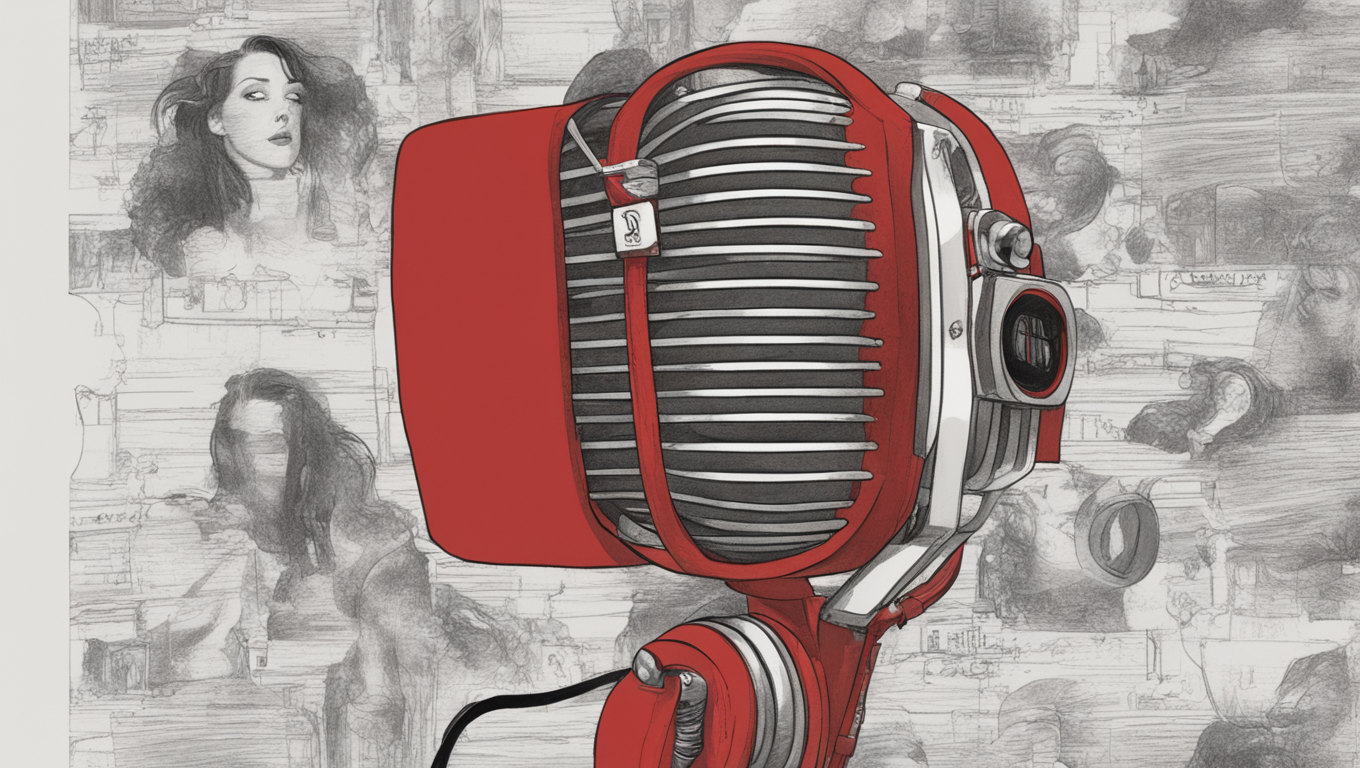On May 21, 2024, OpenAI stirred controversy with its synthetic voice named “Sky,” which remarkably resembled the voice of movie star Scarlett Johansson. Johansson expressed her shock and discontent, stating that she was “shocked, angered, and in disbelief” that the AI voice sounded so eerily similar to her own. OpenAI, led by Sam Altman, clarified that the voice was based on another professional actress and emphasized that it was not intended to imitate Johansson.
This controversy unfolded after Altman had approached Johansson in September, offering her the opportunity to collaborate on creating a synthetic voice. Altman had expressed his belief that such a project might bring comfort to people engaging with AI. He had referenced Johansson’s voicing of the AI character in the movie “Her” as inspiration for his vision of AI interactions. However, Johansson felt that Altman had intentionally insinuated the similarity in voices when he tweeted the word “Her” in response to the ongoing discussion.
In response to the controversy, OpenAI released a blog post explaining their stance on the issue. They expressed their belief that AI voices should not deliberately mimic the distinctive voices of celebrities and reiterated that “Sky’s voice is not an imitation of Scarlett Johansson.” OpenAI also acknowledged the confusion surrounding the voice and announced their plans to temporarily pause “Sky” as they addressed the concerns.
OpenAI further clarified that they had worked with professional voice actors to develop synthetic voices, including those named Breeze, Cove, Ember, Juniper, and Sky. However, Sky became the center of attention when OpenAI unveiled a higher-performing version of their AI technology, dubbed “GPT-4o.” In a demonstration, Sky displayed unprecedented conversational abilities, seamlessly transitioning between topics and exhibiting humor and flirtatiousness.
While OpenAI pushed the boundaries of AI capabilities, other tech giants have shown caution in humanizing their chatbots. Microsoft Vice President Yusuf Mehdi highlighted the importance of maintaining AI as a unique entity rather than trying to make it imitate humans. He emphasized that AI should not be human-like and should be easily identifiable as artificial intelligence.
In an unexpected turn of events, just days prior to the controversy, OpenAI disbanded its “superalignment” group, a team dedicated to mitigating the long-term dangers of AI. The team members were integrated into other projects and research endeavors, and co-founder Ilya Sutskever and superalignment team co-leader Jan Leike announced their departures from the company.
As OpenAI takes a pause to address the concerns surrounding the resemblance of its AI voice to Scarlett Johansson, the incident sparks debates about the ethical boundaries and responsibilities of AI developers. The future of AI interactions remains uncertain, but the controversy serves as a reminder that clear guidelines and transparency are crucial in the development of AI technologies.





Use the share button below if you liked it.